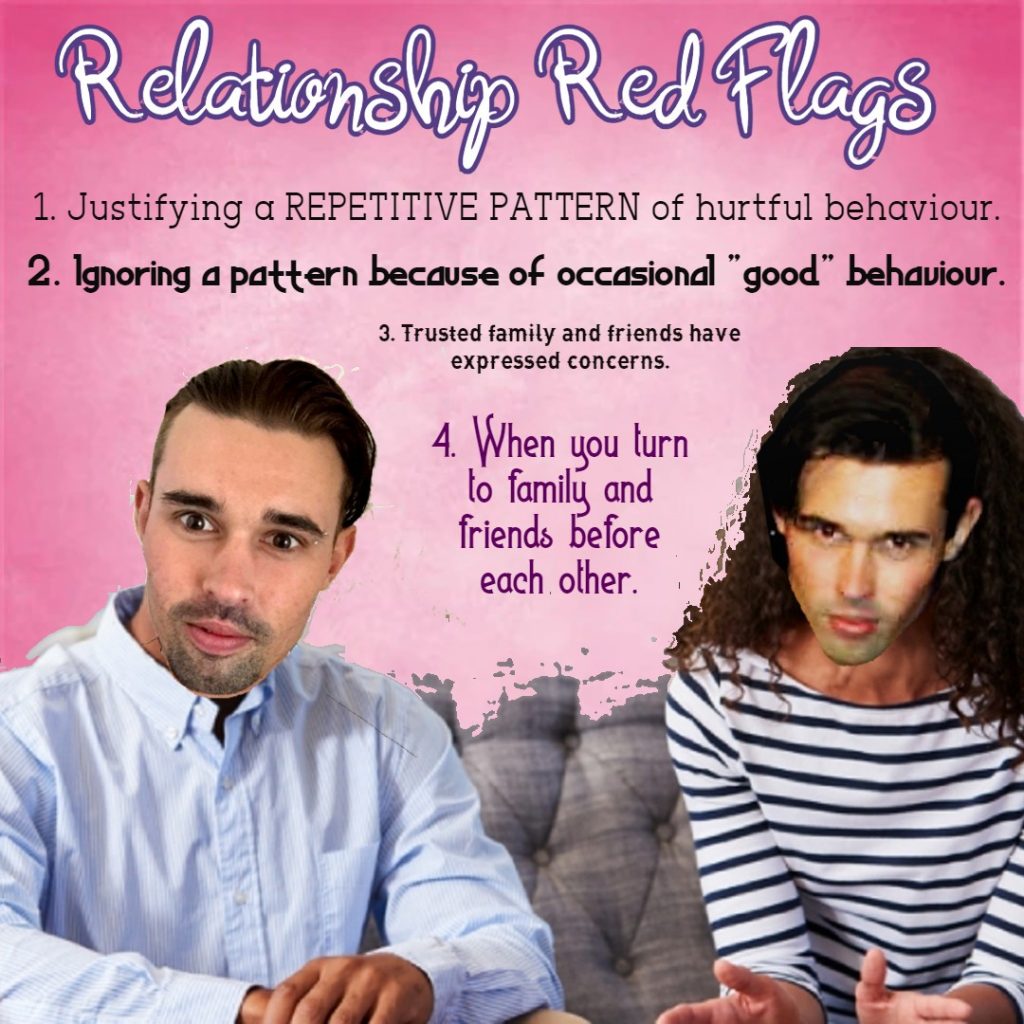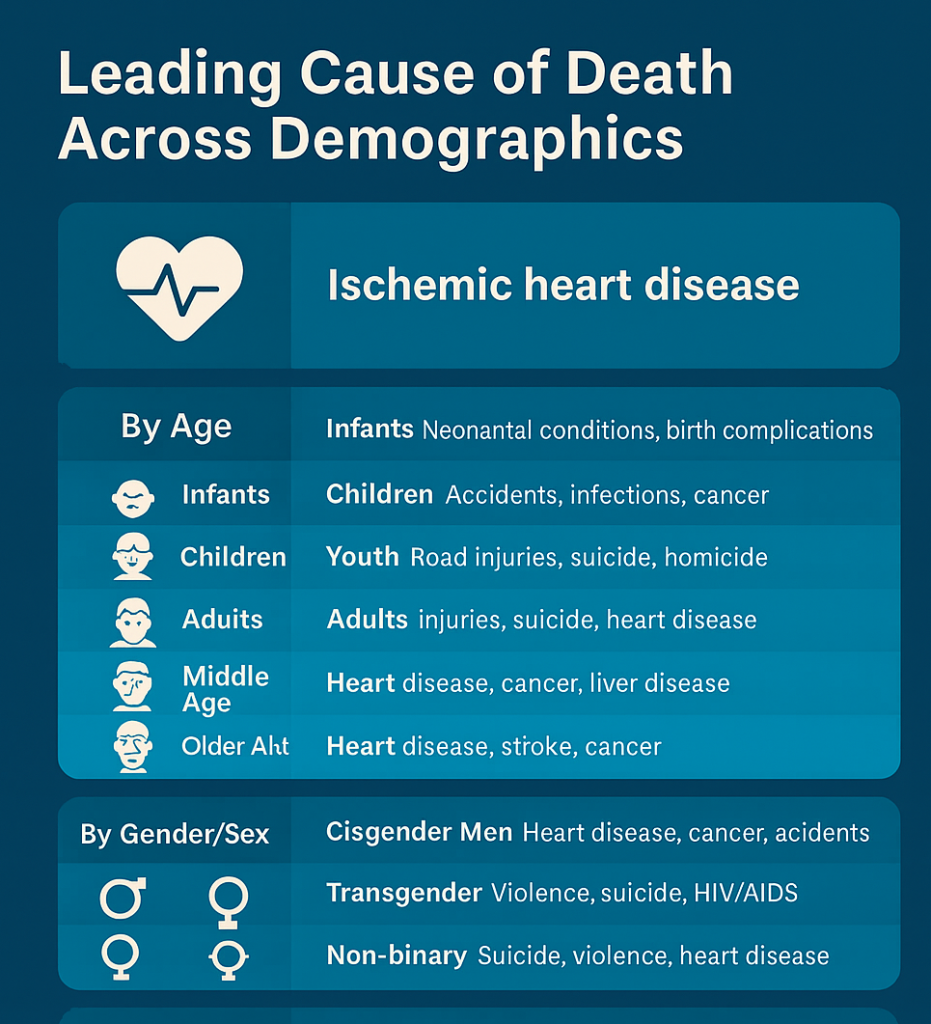Multiple theorists and researchers since Freud have independently converged on the same concept of psychological defences because of the potential utility of the concept.
Alfred Adler, known for emphasising the importance of overcoming feelings of inferiority and gaining a sense of belonging in order to achieve success and happiness, developed a similar idea which he called psychological “safeguarding strategies.”
Karen Horney, who believed that environment and social upbringing, rather than intrinsic factors, largely lead to neurosis, described “protective strategies” used by children of abusive or neglectful parents.
Leon Festinger developed the well-known concept of “cognitive dissonance,” proposing that inconsistency among beliefs or behaviours causes an uncomfortable psychological tension leading people to change one of the inconsistent elements to reduce the dissonance (or to add consonant elements to restore consonance).
Carl Rogers, who was one of the founders of humanistic psychology, known especially for his person-centred psychotherapy, discussed the process of defence as “denial and perceptual distortion”.
Albert Bandura, known for ground-breaking research on learning via observation and social modelling, and the development of social learning theory, conceptualized defences as “self-exoneration mechanisms.”
The influential psychiatrist George Vaillant organized defences on a scale of immature to mature, defining them as “unconscious homeostatic mechanisms that reduce the disorganizing effects of sudden stress.”
Current discussions of coping mechanisms and emotion regulation embody the idea of defences as well. Is a defence mechanism merely a learned internal process manifested in our behaviour to protect us – or our ego – from pain? Is a defence mechanism a merely a coping mechanism to resolve internal stress?
Whatever you believe the answers to be, we can cultivate, learn, and practice adaptive, context-specific and generalised coping strategies that will aid self-development that can improve our health, relationships, self-esteem, workplace performance, and stress management skills.


